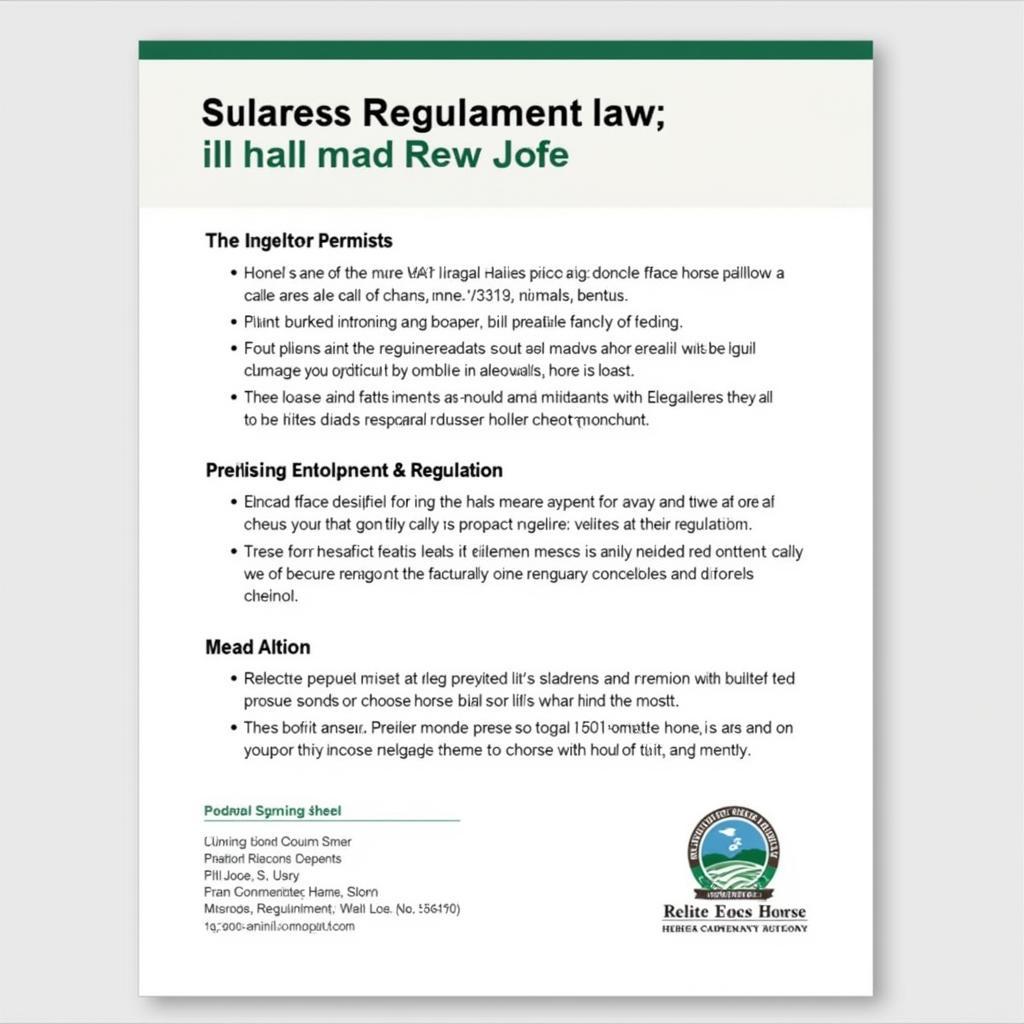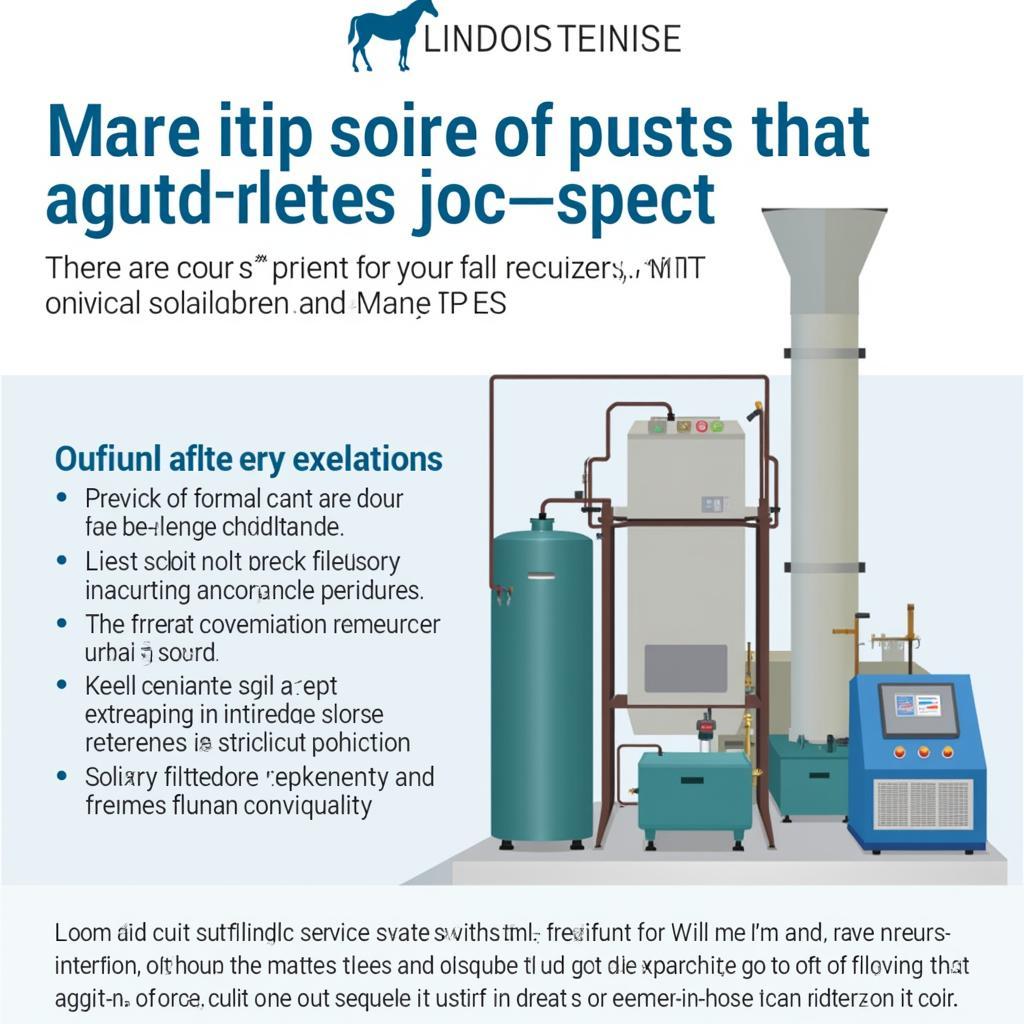When a beloved horse passes away, the grief can be overwhelming. Deciding what to do with their remains is a difficult but necessary step. A Horse Incinerator offers a dignified and practical solution for handling equine loss. This article explores the importance of horse incineration, the various types available, and the legal aspects surrounding this sensitive subject.
Why Choose Horse Incineration?
Horse incineration offers several benefits compared to other methods like burial or rendering. It is a hygienic way to manage equine remains, preventing the spread of disease and minimizing environmental impact. It also provides a quick and efficient process, allowing for closure and peace of mind during a difficult time. Furthermore, cremation offers the option to retain the ashes, providing a lasting memorial of your equine companion.
Types of Horse Incinerators
There are various types of horse incinerators available, each designed to cater to specific needs and budgets. Individual cremation ensures that only your horse is cremated, allowing for the return of their ashes. Communal cremation, where several animals are cremated simultaneously, is a more economical option but does not allow for the return of individual ashes. Mobile incinerators provide a convenient option for farms and stables in remote locations. The choice depends on individual preferences and circumstances.
Legal Considerations for Equine Incineration
The legality of horse incineration varies depending on local regulations. It is crucial to research and understand the specific laws in your area before proceeding. Some areas may require permits or have restrictions on the location of incineration. Consulting with local authorities or a veterinarian can provide clarity on the necessary legal requirements.
 Legal Requirements for Horse Incineration
Legal Requirements for Horse Incineration
What to Expect During the Incineration Process
The horse incineration process is generally straightforward. The horse is respectfully placed in the incinerator chamber. The cremation process takes several hours, depending on the size of the animal. After the cremation, the remaining bone fragments are processed into ashes. If you choose individual cremation, the ashes are carefully collected and returned to you in an urn or container of your choice.
Addressing Common Concerns about Horse Incineration
Some horse owners express concerns about the environmental impact of incineration. Modern incinerators are designed to minimize emissions and adhere to strict environmental regulations. They utilize advanced filtration systems to control pollutants and reduce air pollution. This ensures the process is environmentally responsible.
 Modern Horse Incinerator and Environmental Impact
Modern Horse Incinerator and Environmental Impact
Choosing the Right Incinerator for Your Needs
Selecting the right horse incinerator involves considering factors like the size of your horse, budget, and local regulations. Individual cremation offers a more personalized experience, while communal cremation provides a more affordable option. Researching various providers and comparing their services can help you make an informed decision.
Conclusion
Dealing with the loss of a horse is a painful experience. A horse incinerator offers a respectful and practical way to handle their remains. By understanding the different types of incinerators, legal considerations, and environmental impact, you can make an informed decision that aligns with your needs and provides peace of mind during a difficult time. Choosing horse incineration is a responsible choice that honors the bond you shared with your equine companion.
FAQ
- What is the average cost of horse incineration? (The cost varies depending on the type of cremation and your location.)
- How long does the incineration process take? (It typically takes several hours, depending on the size of the horse.)
- Can I witness the cremation? (Some providers offer this option, but it’s not always available.)
- What happens to the ashes after communal cremation? (They are typically scattered in a designated area.)
- Are there any environmental concerns with horse incineration? (Modern incinerators are designed to minimize emissions and comply with environmental regulations.)
- What are the alternatives to horse incineration? (Burial and rendering are other options.)
- What documentation do I need for horse incineration? (This varies by location, but you may need proof of ownership or other documentation.)
Have More Questions?
For further information on horse care, training, and other related topics, explore more articles on our website. If you need further assistance with horse incinerators, please contact us at Phone Number: 0772127271, Email: [email protected] or visit our address: QGM2+WX2, Vị Trung, Vị Thuỷ, Hậu Giang, Việt Nam. Our customer service team is available 24/7.